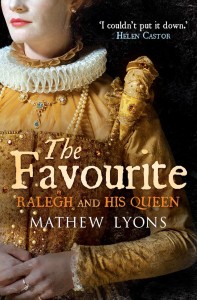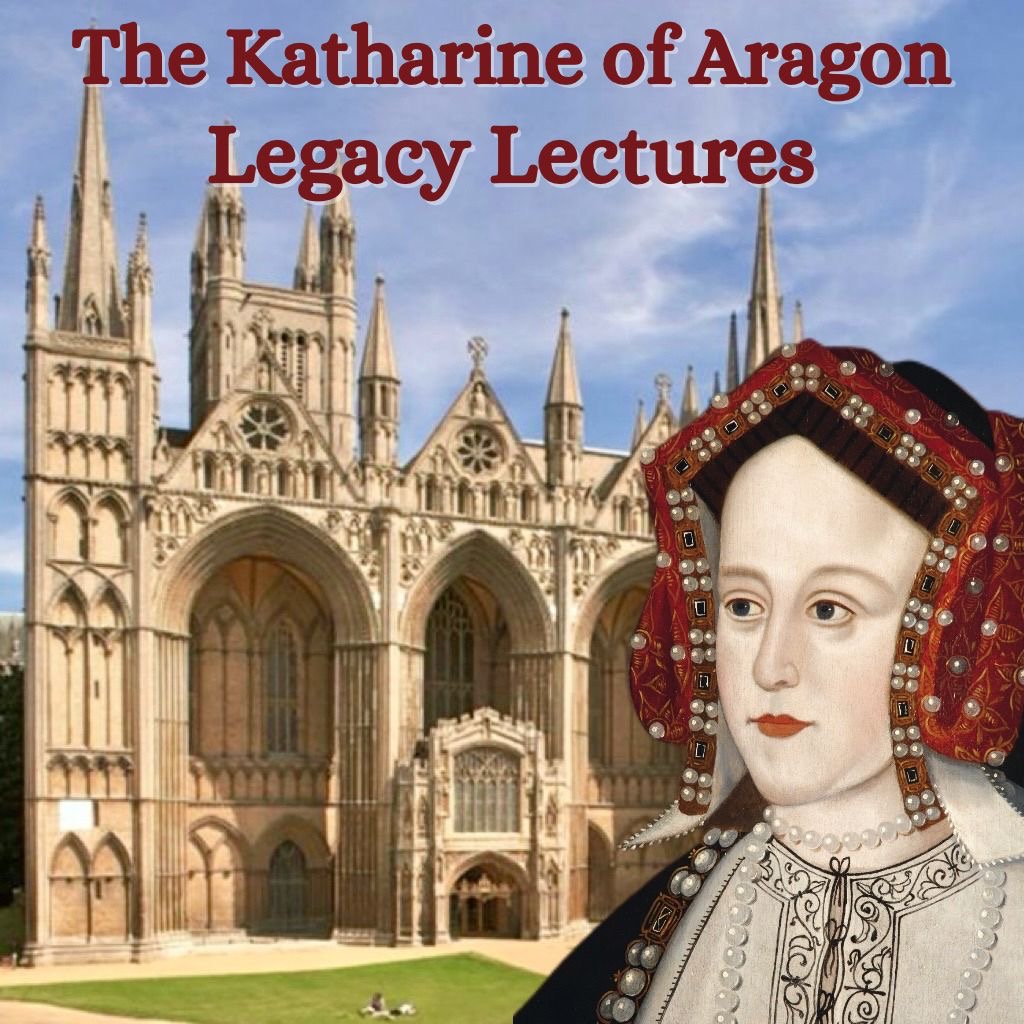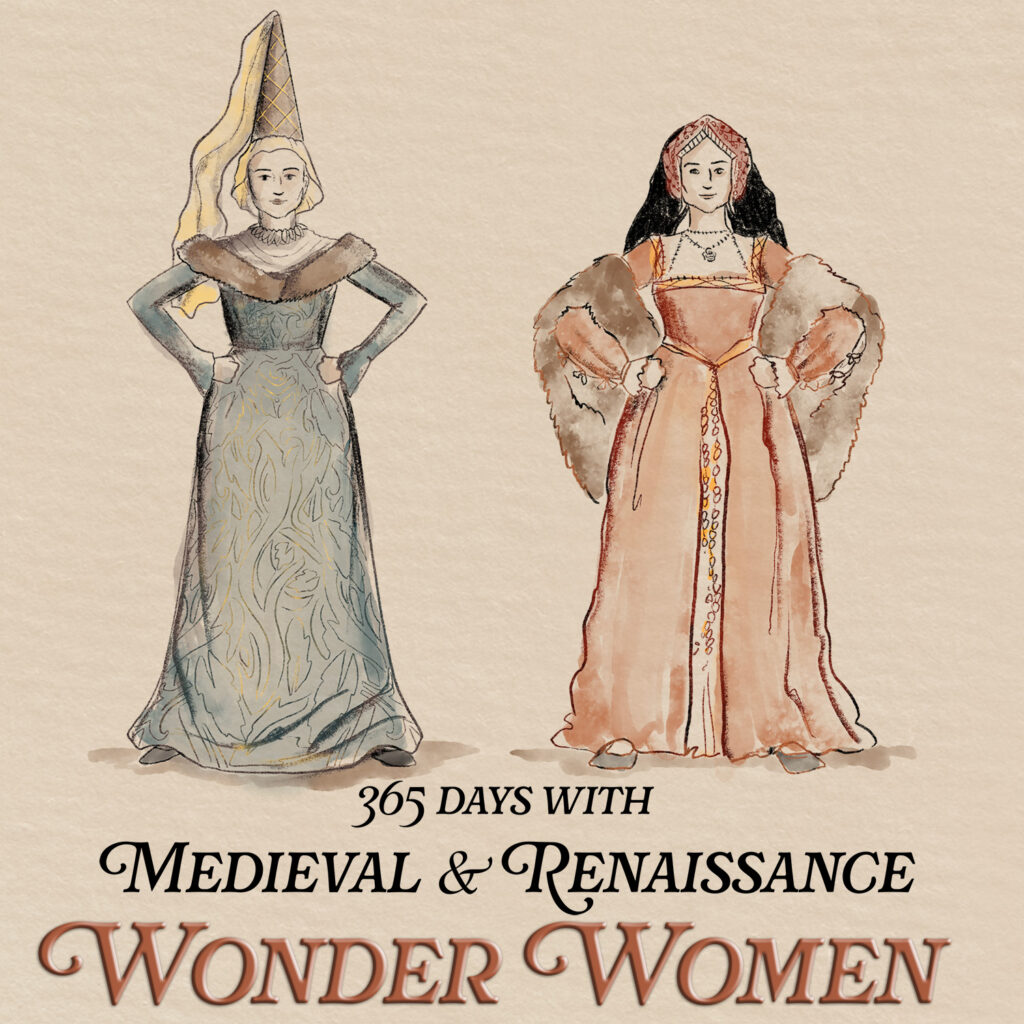Welcome to On the Tudor Trail Mathew! Could you share with us a little about yourself and your background?
Thank you Natalie, I’m delighted and honoured to be here!
I was born and brought up in north-west London. I studied English at Leeds University and also have a Masters degree in Renaissance literature. I loved my time reading English, but by the time I’d finished all that I think I pretty much concluded I should have studied history instead!
Actually, I think the two disciplines are more complementary than we often realise: the literature of a period can tell us so much about the way people thought, both about themselves and about their world; and more than that it is so rich in casual detail, offering us so much insight into lived experience, the tastes and texture of daily life. Too often, meanwhile, literary texts are stripped of most historical context, whereas understanding the precise moment in time something was written can bring it back to life: apparently hidden meanings spring back into view and you can get closer to what a contemporary might have thought as he or she read it for the first time. History and art ought to be like two mirrors reflecting into and illuminating each other.
After university I spent some time in business publishing, but I have been writing full-time now for eight years. The Favourite, is my third book. Prior to that, I wrote a book called There and Back Again about JRR Tolkien and his inspirations in English history, landscape and culture; and a book called Impossible Journeys, a collection of travellers’ tales about real journeys to places that did not, in fact, exist!
What sparked your interest in Tudor history?
Good question! As far back as I can remember I was interested in history: I have a vivid memory of being about six and labouring for hours one school holiday over a drawing of (I think) Henry V, in armour and splashing through the waves, copied from a Ladybird book!
But I don’t think I became seriously interested specifically in Tudor history until university. It goes without saying that the explosion of literature in Elizabethan and Jacobean England was extraordinary and I very much fell under its spell: even setting aside the likes of Shakespeare, Marlowe and Spenser, everywhere you look there is work of breathtaking quality and incredible innovation and inventiveness.
Yet when I was studying English the fashion was very much for literary theory, which I didn’t much get on with, and I increasingly felt that the only way to understand the literature fully was to go back and explore in detail the historical and cultural contexts in which and for which it was written. That, more than anything, is what led me to the history stacks in the library, where I spent an increasing amount of my time!
But then, of course, you realise that the writers were only one small coterie among many others, all equally if not more remarkable in their own fields.
Your latest book, The Favourite, was published in 2011 and is about the relationship between Elizabeth I and Sir Walter Ralegh. What inspired you to write this book?
The initial seed came from writing and researching my previous book, Impossible Journeys, in which I covered Ralegh’s fateful voyages to El Dorado, the fabled golden city which he believed to be at the head of the Orinoco river in what is now Venezuela. The more I read about him, the more aware I was that there is a huge gulf between the popular image of him – a heroic explorer, the romantic courtier – and how his Elizabethan contemporaries saw him. Almost to a man, they loathed him: he was, it was said, the most hated man in England. Ralegh himself writes, in his own account of his search for El Dorado – and with a good deal of irritation – of a widespread rumour that he had not sailed to South America at all, but had hidden his ships down in Cornwall for a couple of months! No-one, but no-one, trusted him.
And yet he was, as we all know, Elizabeth’s favourite, and Elizabeth – everyone agrees – was a superb judge of men and their uses.
So the book grew out of a desire to reconcile these various facts. It started out as a book about Ralegh, exploring the man he was before he became ‘the national hero’, before he fashioned this extraordinarily powerful, almost mythical image for himself. After all, he was from a fairly mean background in deepest Devon, a very long way from London and the court, both literally and metaphorically. How on earth could he have become one of the most powerful men in England by the time he was 30 or so?
But having begun with Ralegh, it very quickly became a book about both Ralegh and Elizabeth together. The Favourite isn’t quite a joint biography, but it is heading in that direction. Elizabeth’s favour is the defining fact of Ralegh’s life, the pivot on which everything else depends, but to my mind no-one has ever attempted to explain it.
But if Ralegh wasn’t yet a great hero or explorer when he found favour with her, who was he? Why did she pick him out? And why then – in the early 1580s? What did she want from him that she couldn’t get from, say, Leicester or Hatton? Was he really such an outsider? What kind of relationship could they have had? Could we call it love? Why did she trust him in a way that no-one else did? And so on. The aim was, as far as possible, to tell a human story about two people and the choices they made.
There are so many fascinating questions to answer, and many of them are – ultimately – as much about Elizabeth and her needs and insecurities as about Ralegh himself. And I think the book has a lot to reveal about them both – about what brought them together at that particular point in English history, and what they gave to and took from each other.
What makes Ralegh such a fascinating subject?
One answer is that was a man of extraordinary gifts, which he deployed across a very wide range of fields. He was, of course, a soldier, a sea captain and an explorer. He founded the first English colony in North America. He was a courtier, a politician and a political theorist. His ideas would be very influential among the parliamentarians of the English Civil War. He was a poet and a prose writer of great power, and a historian, whose History of the World is, by any measure, a monumental work. He was a chemist and a proponent of what we would call scientific thinking; a cordial of his devising was still sought after in London decades after his death. And we haven’t even mentioned his eloquence and charm…
Another answer might be that he is fascinating to us because he willed it so.
One of the reasons I wanted to write The Favourite is that both Elizabeth and Ralegh still have public images today: their iconography was so well crafted that the myths they created for and about themselves still resonate. Indeed, who doesn’t know the story of the cloak on the ground?
For Elizabeth, there is the idea of the Virgin Queen. But that’s a phrase that didn’t appear until some 20 years into her reign; before then, as far as contemporaries were concerned, she was simply unwed. There is a big difference. The Virgin Queen is something she became when the option of marriage was no longer on the table: it was a way of presenting what most people regarded as a flaw in a monarch – the lack of children – as a virtue.
As for Ralegh, he was – as I have said – a great prose writer, and much of his writing, especially once he was imprisoned in the Tower by James I, was directed at creating an idealised image of himself as a ‘great man’ – indeed the last of the great Elizabethans – whose life and gifts were being sacrificed to the tyranny of the king. That he went from being universally despised to being feted as a national hero is a measure of how successful his campaign was.
And then of course James I had him executed. And Ralegh had a good death, dying with the contrarian wit, candour and charm that had so become him in life. And so the myth was set.
Why is it that when we think of Elizabeth’s favourites, Robert Dudley and not Ralegh, immediately springs to mind?
Well Dudley was a potential candidate for marriage in a way that Ralegh never was. Elizabeth had known Dudley since her childhood and many observers at court thought that, if she could marry for love, she would marry him. Dudley himself seems to have shared that belief and certainly tried hard to make it a reality.
I do explore the question of Elizabeth’s attitude to marriage in the book since it is relevant to her attitudes to men in general – as well as to both national and international politics. There is ample evidence of Elizabeth’s deep and abiding affection for Dudley. But it is also true that, if she didn’t want to marry, Dudley was the ideal candidate as her preferred English suitor, since almost everyone was united in the belief that he was entirely unsuitable – not least because his father and grandfather had both been executed for treason, a fate he himself was lucky to escape under Mary.
I think the give and take of Elizabeth’s relationship with Dudley is relatively straightforward: it is fairly clear what they wanted from each other. What’s fascinating about Elizabeth and Ralegh is that it isn’t so obvious: Ralegh of course came from an infinitely more obscure background and did not, on the face of it, bring any particular political advantage. Far from it.
And yet it was Ralegh she chose to favour once it was clear she would never marry and she was for the first time in her life free from the political burden to wed.
What qualities do you think Elizabeth I admired in men?
In no particular order: loyalty, wit, charm, intelligence, eloquence, parsimony when spending her money, extravagance when spending theirs, generosity when giving gifts, cunning, hard work, patience, and obedience – plus handsome features and outstanding ability on the dance floor!
Your book has been described as ‘impeccably researched’, tell us a little about the process you followed when researching The Favourite.
Given that I wanted in some sense to restore the humanity to two people who have been trapped in myth – that freeze frame of the cloak beneath her feet – for so long, it was vital to go back to primary sources.
For Elizabeth that primarily meant of course diving into the state papers and associated collections – and to be honest I could quite happily while away the rest of my days nosing around in those – but because I was also trying to build a coherent picture of the young Ralegh in the most obscure part of his career when he was on the fringes of the court and beyond, one among many young men on the make, I went looking for him through his circles of friends, digging into contemporary letters, pamphlets and poems, in law cases and depositions and so on to establish the parameters of his world.
For me, the most exciting part of the whole process is that moment when you’re reading through a source and you stumble on a new connection.
I feel closest to the Tudors when I am standing in a location where they themselves once stood. Do you have a favourite Tudor location?
That’s a difficult question, but I think perhaps Middle Temple Hall, which had only just been finished when Ralegh studied there in the mid-late 1570s. It is said the cupboard comes from Drake’s Golden Hind, and Shakespeare’s Twelfth Night was performed there for the first time in 1602. The continuities of the Inns of Court in general are very powerful – and in Middle Temple Hall the sense of history is overwhelming.
Ask me tomorrow, though, and I might choose somewhere else!
I am sure that in your research you have come across some little known facts about Elizabeth’s Court. Share one of your favourites.
One?! There are so many!
That, after thirty years of service, the prospect of bringing bad news to Elizabeth could still reduce Sir William Cecil to tears.
That the Spanish had a spy in Elizabeth’s laundry to find out if she might be pregnant.
That Sir Walter Ralegh, the great explorer, suffered from seasickness.
Do you want more?
Are you presently working on any other books?
Oh I get very superstitious talking about work in progress! I’m currently working on a couple of books, one Tudor era and one not. And somewhere at the back of my head I have an idea for a historical novel – but who knows what will become of that! Watch this space…
Thank you for your time!
Thank you so much for inviting me. I’ve really enjoyed answering your questions.
Find out more about Mathew Lyons by visiting his official website here.
You can also follow Mathew on Twitter here.


















Isn’t it interesting how often our modern perceptions of a historical figure can be different to those of their contemporaries. Sounds like a fascinating book.